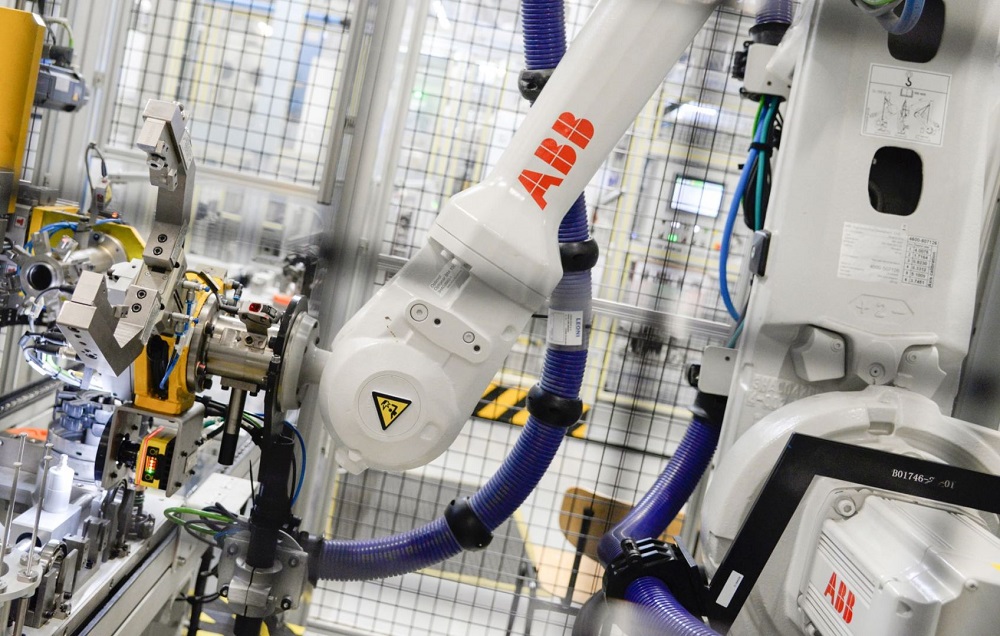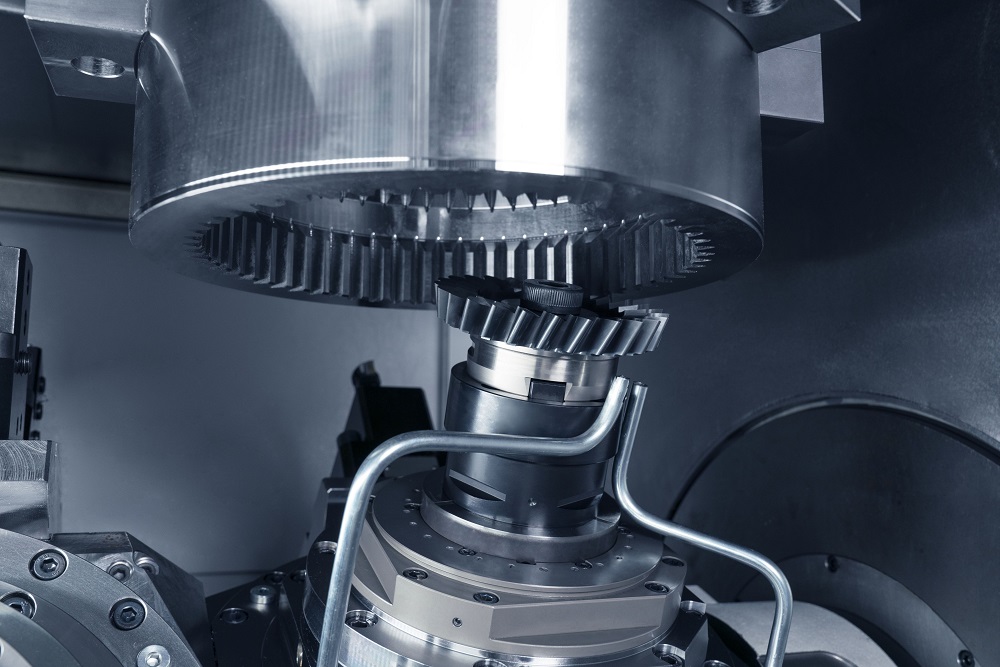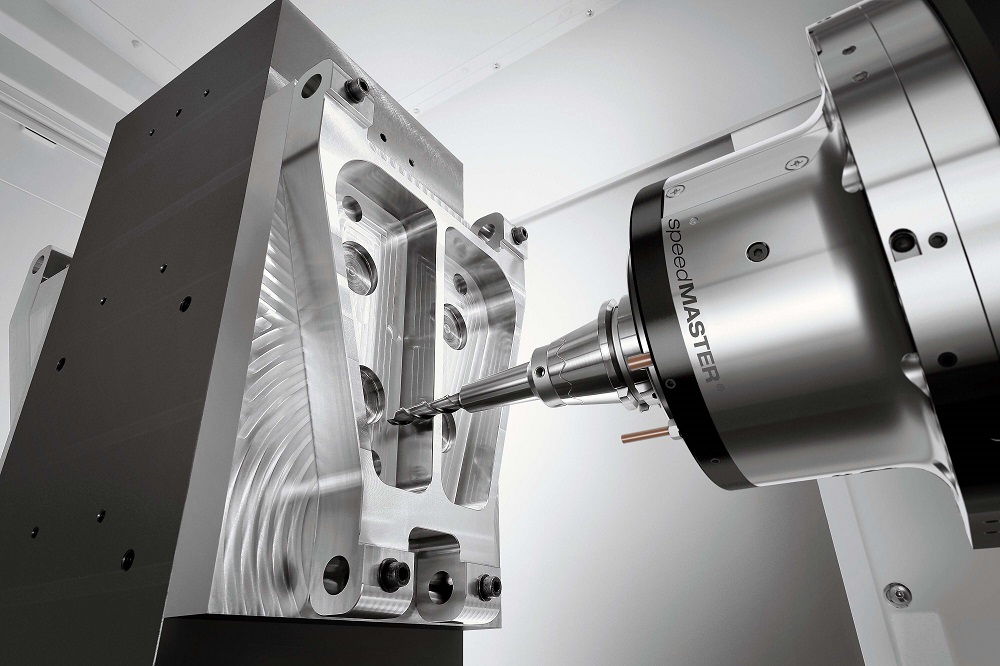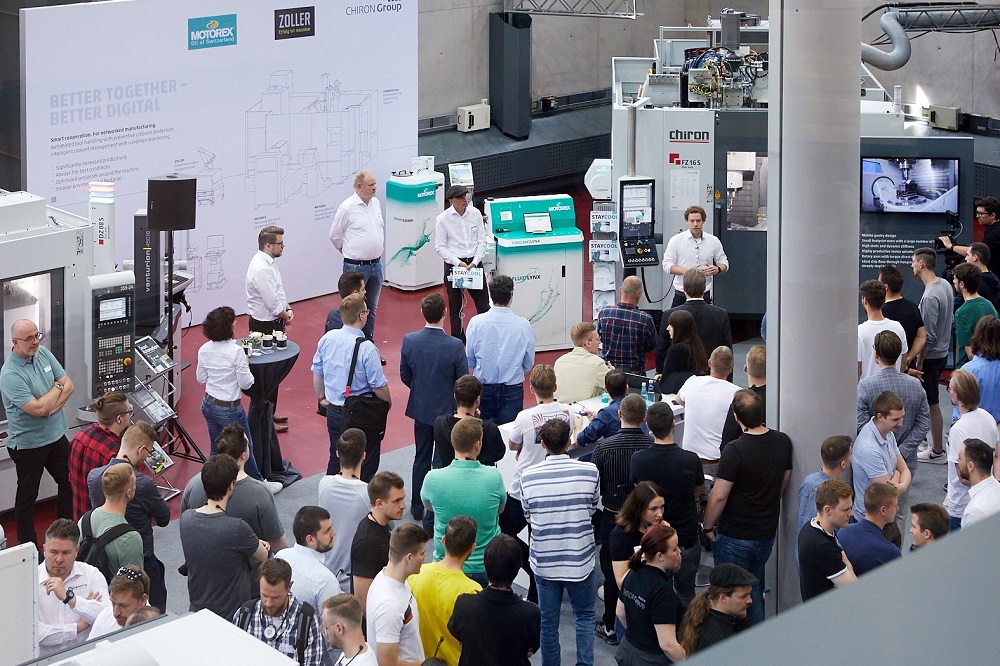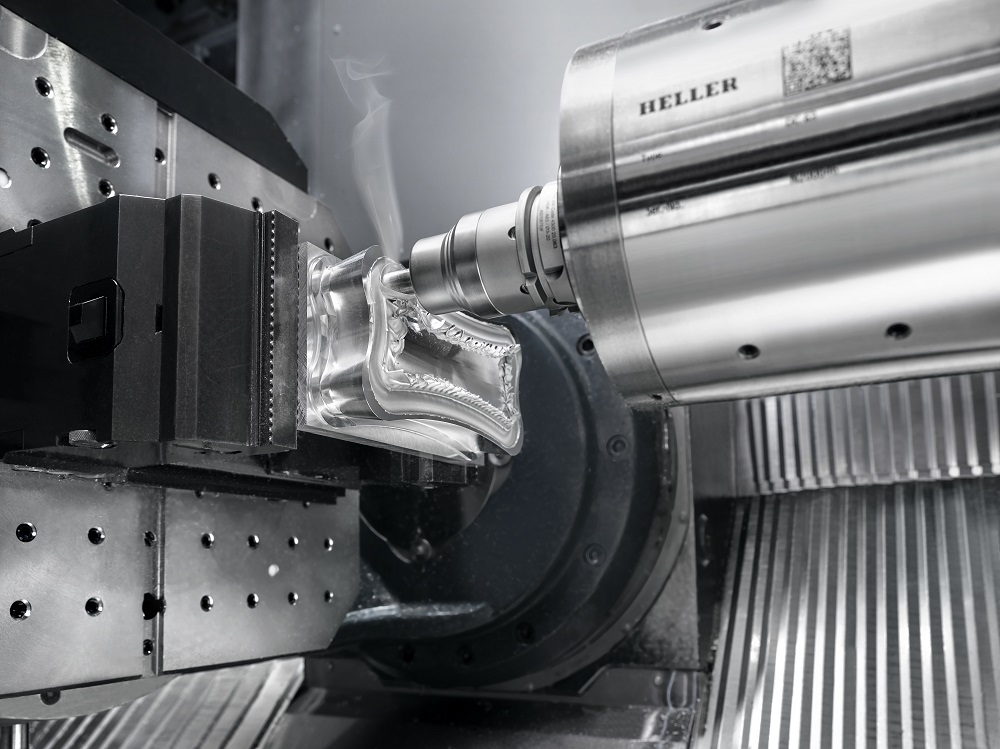Advanced manufacturing – now: that is the motto of Chiron Group’s latest open house, which will take place on 10-12 May. The three-day exhibition in Tuttlingen, Germany, will focus on pioneering manufacturing processes that match user specifications, products and industries, including automotive, medical technology, aerospace andtoolmaking.
The guiding principle is the special combination of four attributes that characterise the future-oriented actions of the Chiron Group and influence how the company develops and offers tailored solutions to meet individual requirements: competent, smart, innovative, sustainable. These attributes are represented on the one hand by the six brands -Chiron, Stama, CMS, Factory5, Greidenweis and HSTEC – which are showing their specific or combined expertise at the open house.
Regarding machine highlights: mill-turn expertise taken a step further in the DZ 22 S mill-turn system 8 for the double-spindle machining of large volumes,or the complete machining of six sides with high autonomy using the MT 715 two+. Visitors can experience the full range of manufacturing solutions, from micro-machining with the Micro5 with a reduced environmental footprint, to maximum productivity per unit area when machining high-volume components for automotive oraerospace with the 22, 25 and 28 Series.
“In addition to showcasing exemplary pioneering machining processes for all industries, our main focus is on the lively dialogue with our guests,” emphasises Matthias Rapp, global head of marketing.
Each visitor will be personally attended and given an exclusive tour of the exhibition with targeted advice. And of course the event not only offers an excellent platform for experiencing this year’s motto ‘advanced manufacturing – now’, it is also an opportunity for inspiring exchanges, for example with catering and live music at the end of the second day of the exhibition.
For further information https://chiron-group.com/open-house







